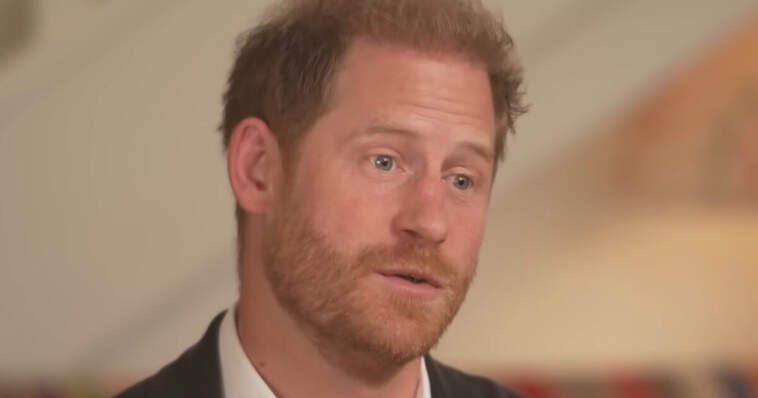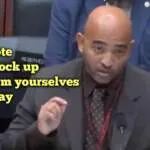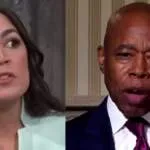(Gateway Pundit) The conservative Heritage Foundation isn’t giving up on its battle to learn whether the U.K.’s Prince Harry got preferential treatment when being approved for a visa to live in the United States.
The group is considering an appeal of a judge’s ruling Monday that the Duke of Sussex, who has made millions publishing a memoir about the most intimate details of his life, can keep his visa application under wraps because of his right to “privacy.”
“The Prince Harry scandal just got a lot more suspicious,” Mike Howell, executive director of the Heritage Foundation’s Oversight Project, said in a statement published to the social media platform X.
OFFICIAL STATEMENT ON GROWING PRINCE HARRY SCANDAL AND INCREASED PROSPECTS FOR DEPORTATION https://t.co/aaxx7FLBEK pic.twitter.com/oKhwPQHPez
— Oversight Project (@OversightPR) September 24, 2024
Howell cited parts of U.S. District Judge Carl J. Nichols’ ruling that redacted crucial details of Harry’s visa application as grounds to suspect the prince got preferential treatment from the U.S. government.
Nichols was appointed in 2019 by then-President Donald Trump.
His ruling has sparked a backlash from Heritage that shows the public battle isn’t disappearing any time soon.
“While our case is far from over as we explore appeal, I’d say that these very curious redactions point to something serious afoot,” Howell’s statement said.
Harry and his wife, the former actress Meghan Markle, moved to the U.S. in 2020 after stepping back from being active members of Britain’s royal family — and amid a rancorous relationship with that royal family that apparently hasn’t gotten any better.
It isn’t clear what kind of visa Harry obtained from the U.S. government, according to The Washington Post. His wife is an American citizen.
The Heritage Foundation sued the Department of Homeland Security in 2023 to make public details of Harry’s visa application.
In the lawsuit, the group contended that disclosures about drug use Harry made in his bestselling memoir “Spare” could have made him ineligible for legal residency in the U.S.
It also contended Harry has waived any rights to “privacy” by his own very public actions.
“To be sure, even public figures have privacy interests,” the lawsuit stated. “This is particularly so as regards the aspects of their life that are not implicated by their public status and which they take steps to separate from their public life and keep confidential.






